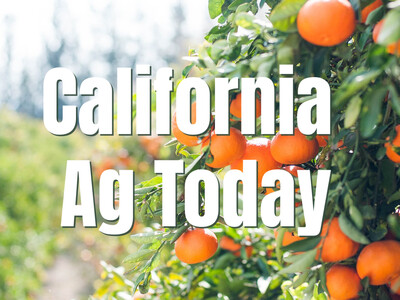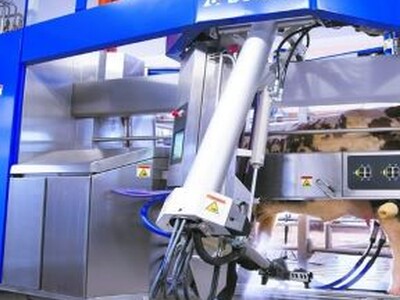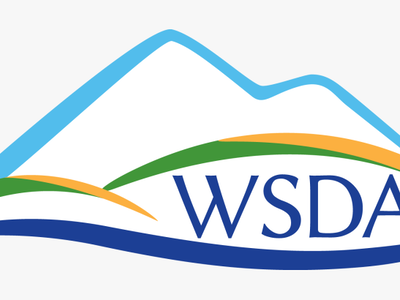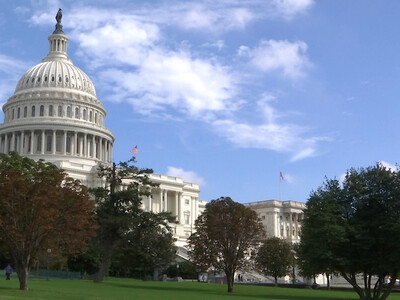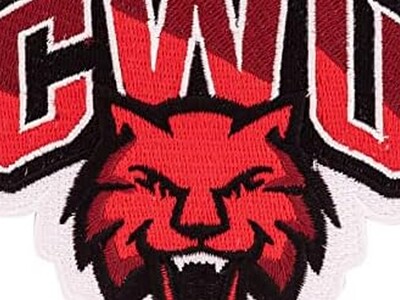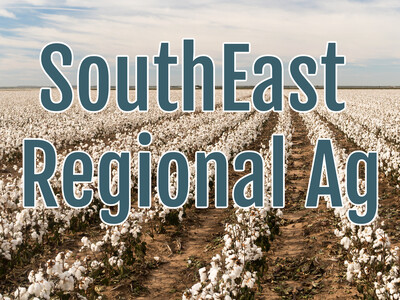7-1 NWR Summer Food Safety
Not only has summer arrived but 4 July is on Monday, meaning that the majority of the folks living in the Northwest will be cooking and eating outdoors. Food safety is an issue that has become pervasive and the Oregon Department of Agriculture says proper food handling and preparation is never more important than this time of year:The potential for food borne illness increases in July and August as people enjoy barbecues, picnics, and camping trips. With outbreaks and recalls in the news this past year, people are more aware of what they eat and how they handle their food. That helps as we head into the summer, according to ODA Food Safety Specialist Susan Kendrick:
KENDRICK: "Particularly with the raw produce outbreaks, the thing we'd like to emphasize is wash the produce when you get home. Even if it's a cantaloupe, for instance, that you are not going to eat the exterior rind of the cantaloupe, it's still a great idea to wash it before you eat it because you are going to slice into it."
Melons are grown on the ground where the rind can come into contact with animal waste used as fertilizer. Meanwhile, thoroughly cooking meat is critically important. So is avoiding the possibility of cross-contamination between raw meats and ready—to-eat foods. Not having a sink with running water nearby or a refrigerator for leftovers is also a consideration during the summer:
KENDRICK: It's really good if you don't leave the food out for more than two to three hours. If you are camping and using a cooler, it would be great not to have leftovers or just throw out what is left over because it's just really hard to bring that temperature down rapidly in a cooler."
Most summer food safety recommendations are just common sense. AS long as people are careful about how food is handled, prepared, and stored, campouts, picnics, and barbecues can be fun, safe, and delicious.






